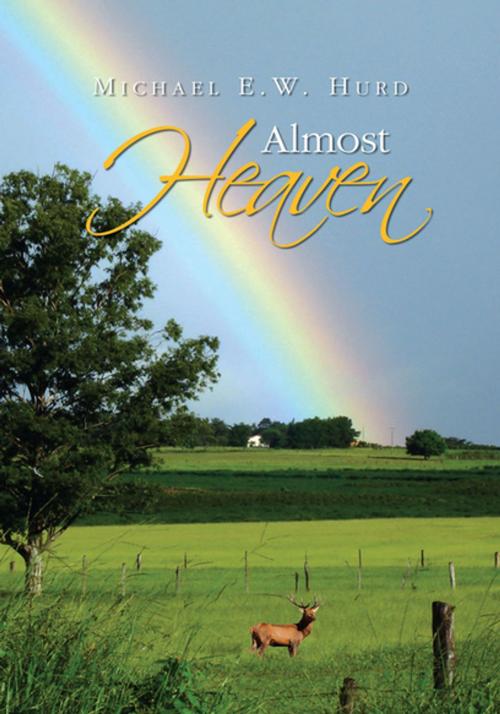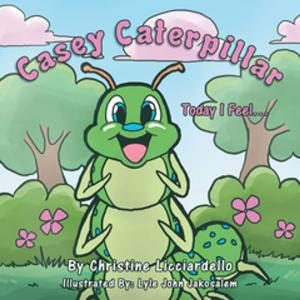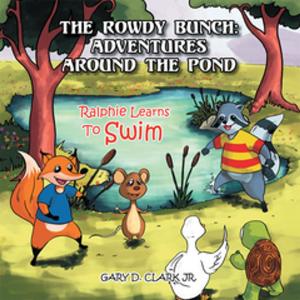| Author: | Michael E. W. Hurd | ISBN: | 9781462833795 |
| Publisher: | Xlibris US | Publication: | September 24, 2009 |
| Imprint: | Xlibris US | Language: | English |
| Author: | Michael E. W. Hurd |
| ISBN: | 9781462833795 |
| Publisher: | Xlibris US |
| Publication: | September 24, 2009 |
| Imprint: | Xlibris US |
| Language: | English |
Lyrical snapshots of the natural world. In his first collection, Hurd explores natures beauty in 40 short, predominantly free-verse poems that hone in on common natural objects and eventsa leaf, a rock, rainbows, autumn, etc.with the cinematic quality of a director fixing no more than a single moment per scene. To heighten the pictorial sense, the poet includes three black and white photographs of pastoral subjectstwo deer, a babbling brook and an exquisite fawn. Though Hurds tender affinity for nature comes through in these literal and figurative images, their meaning could resonate more. For instance, Dear One plainly describes the physical and behavioral attributesHer mane was brown, / Soft brown, / Short, / Sleek, / Beautiful to those / Who beheld her.of a creature unnamed until the poems closing thought: She was a dear, / Uh, / Deer, / The four-legged kind. The sudden shift from straight description to casual jocularity is jarring; shutting down possible suggestions conjured by earlier lines. Another distracting quality found here and throughout the collection is the oppressive use of end punctuation, forcing caesuras sometimes midthought, as in A Leaf: A leaf that endured frost, / High winds, / Rain, / Yet it stayed high in the tree. / One day, / It fell, / Leaving one to wonder, / Not why it fell, / But why it stayed so long. Here a subtle point about resiliency is nearly drowned out by each lines final comma, inserting poetic breaths with a practically gasping urgency. When working with such clipped lines, the white space on the page provides more than enough pause to allow images both to spill into one another and linger. Quick, nearly engaging depictions of nature that would be better served by fewer declarative statements and greater respect for the power of the poetic line.
Kirkus Discoveries
Lyrical snapshots of the natural world. In his first collection, Hurd explores natures beauty in 40 short, predominantly free-verse poems that hone in on common natural objects and eventsa leaf, a rock, rainbows, autumn, etc.with the cinematic quality of a director fixing no more than a single moment per scene. To heighten the pictorial sense, the poet includes three black and white photographs of pastoral subjectstwo deer, a babbling brook and an exquisite fawn. Though Hurds tender affinity for nature comes through in these literal and figurative images, their meaning could resonate more. For instance, Dear One plainly describes the physical and behavioral attributesHer mane was brown, / Soft brown, / Short, / Sleek, / Beautiful to those / Who beheld her.of a creature unnamed until the poems closing thought: She was a dear, / Uh, / Deer, / The four-legged kind. The sudden shift from straight description to casual jocularity is jarring; shutting down possible suggestions conjured by earlier lines. Another distracting quality found here and throughout the collection is the oppressive use of end punctuation, forcing caesuras sometimes midthought, as in A Leaf: A leaf that endured frost, / High winds, / Rain, / Yet it stayed high in the tree. / One day, / It fell, / Leaving one to wonder, / Not why it fell, / But why it stayed so long. Here a subtle point about resiliency is nearly drowned out by each lines final comma, inserting poetic breaths with a practically gasping urgency. When working with such clipped lines, the white space on the page provides more than enough pause to allow images both to spill into one another and linger. Quick, nearly engaging depictions of nature that would be better served by fewer declarative statements and greater respect for the power of the poetic line.
Kirkus Discoveries















